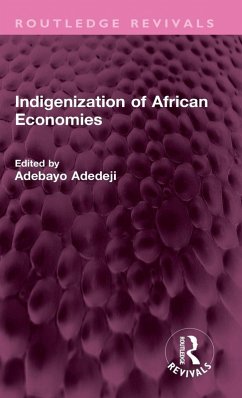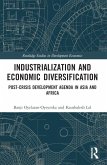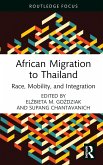Originally published in 1981, this book examines the progress of a number of national efforts to move towards economic self-reliance. It consists of case studies from Egypt, Zambia, Ghana, Nigeria, Kenya, Tanzania, Ethiopia, Botswana, Lesotho and Swaziland and Senegal. The studies are set in a framework that outlines the historical background to African economic dependence, and they discuss the theoretical and practical implications of that dependence. It makes an important contribution to the study of indigenization, bringing together a group of African specialists writing from the inside, and articulating the continent's challenges with convincing authority.
'The introduction gives an excellent general background to indigenization, placing Africa in the historical perspective of the wider world economy.' Kofi Ankomah, Science and Society Vol 47, No. 1
'This is a much-needed introductory survey of indigenization.' Nicholas Balabkins, Journal of Contemporary African Studies, Vol 2, No. 2.
'This is a much-needed introductory survey of indigenization.' Nicholas Balabkins, Journal of Contemporary African Studies, Vol 2, No. 2.








